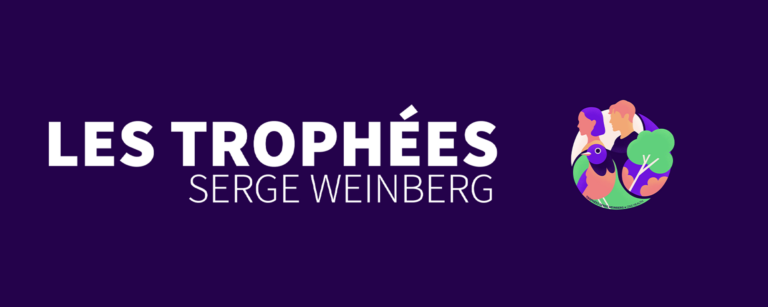It is not enough to complain about overcrowding, inadequate facilities and lack of social services plaguing the prison system and increasing the risk of recidivism, notably among young offenders. A paradigm shift is urgently needed: life within prison walls has to be normalized and remodelled towards responsibility, integration, and reparation. This cannot be achieved by building thousands of cells in a fortress in the isolated periphery; the current situation begs for new models that perceive a prison sentence as restorative, with social reinsertion equally important as a fair punishment. Training or education while behind bars, in tandem with healthy psychological conditions can play a pivotal role in enhancing job prospects and social reinsertion upon release. Together, public stakeholders – elected officials, local communities –, corporate employers, and third-sector actors – NGOs and philanthropic organisations – must strive to create virtuous circles that will also contribute to further change society’s perception.
A new pilot, the “Houses,” is about to be conducted in Belgium: it entails small units for 10-15 inmates, located inside the community in order to maintain the crucial connection with civil society and to rebuild neighbourhood relationships. These units offer rehabilitation programmes based on each inmate’s abilities and work skills, consequently both enhancing the chances of successful reinsertion and reducing the recidivism rate. The idea is to offer normal living situations in the houses, to avoid the damage caused by traditional detention, and to ease the convict’s transition into an active and integrated life. The pilot is offered to convicts that meet criteria defined by law and the project alike. This alternative jail is predicated upon the belief that we as a society have a vested interest in efficient prisons. Upon sentencing, a detention and rehabilitation plan is established that encompasses economic, social and psychological aspects. Each convict will co-work and co-create all stages of the individual detention and rehabilitation plan with an assigned integration and probation officer who will act as a “coach”. Convicts serve their sentence in an environment that includes health care services, studies and training, work and interaction with the outside world. The houses require activities that match with the solutions plan, such as education, sports, culture, and social engagement, and also provide psychological and professional support services. The houses focus on adapting their services to aid continual improvement of the convicts’ “working assets,” i.e. abilities that are relevant for professional community and social growth. The more skills prisoners possess, the less likely they are to engage in high-risk behaviour and more likely to thrive upon release.
All services and programmes provided in the houses are developed by local organizations and communities that cater to this cohort. Hence, detention houses play an economic, social or cultural role in the neighbourhood, and bring convicts and society closer to each other. The houses act as facilitators, but they need public and private partners to succeed. This includes the justice system, elected officials, the local community, future corporate and public employers, support services provided by NGOs, philanthropic organisations, as well as the media and other key influencers. The engagement of all stakeholders is essential for the implementation of the three phases:
- Preparation: reach political consensus around the ministry of Justice; get local government, the police, and local civil society on board; partner with philanthropic organisations for funding; establish good connections with the media to further change society’s perception.
- Execution: identify locations and build new facilities with their individual administrations, security plans, and coaching programmes.
- Test: Implement and test the pilot programme in a few facilities, assess its success, adapt to individual requirements or situations, and replicate. In Belgium, for example, 350 Houses would be built instead of 13 new big jails.

As seen with analogous projects in the Netherlands and Finland, there is an urgent need to rethink the detention system, for instance starting with first-time offenders and those who commit low-level crimes. The bold idea behind the houses is to begin thinking about reinsertion immediately upon sentencing, thereby creating a win-win scenario for convicts, the local community and society as a whole. This project puts the human being back at the centre, and prepares convicts, who execute their sentence in a fair environment, to take a socially responsible role after their release. It also involves the local community in a proactive and positive way, changing society’s perception of prisoners, guided by forgiveness, reparation and rehabilitation. Additionally, it brings public and private financial stakeholders together for society’s greater good. If successful, this pilot programme will also play a role in improving the situation in current facilities and undeniably ease society’s heavy financial burden. After all, reduced repeat offenders means less prison overcrowding and fewer court cases, which in turn translates into a safer environment and significant cost savings for society at large.
(by Brigitte Sion on behalf of Fondation Demeter)



